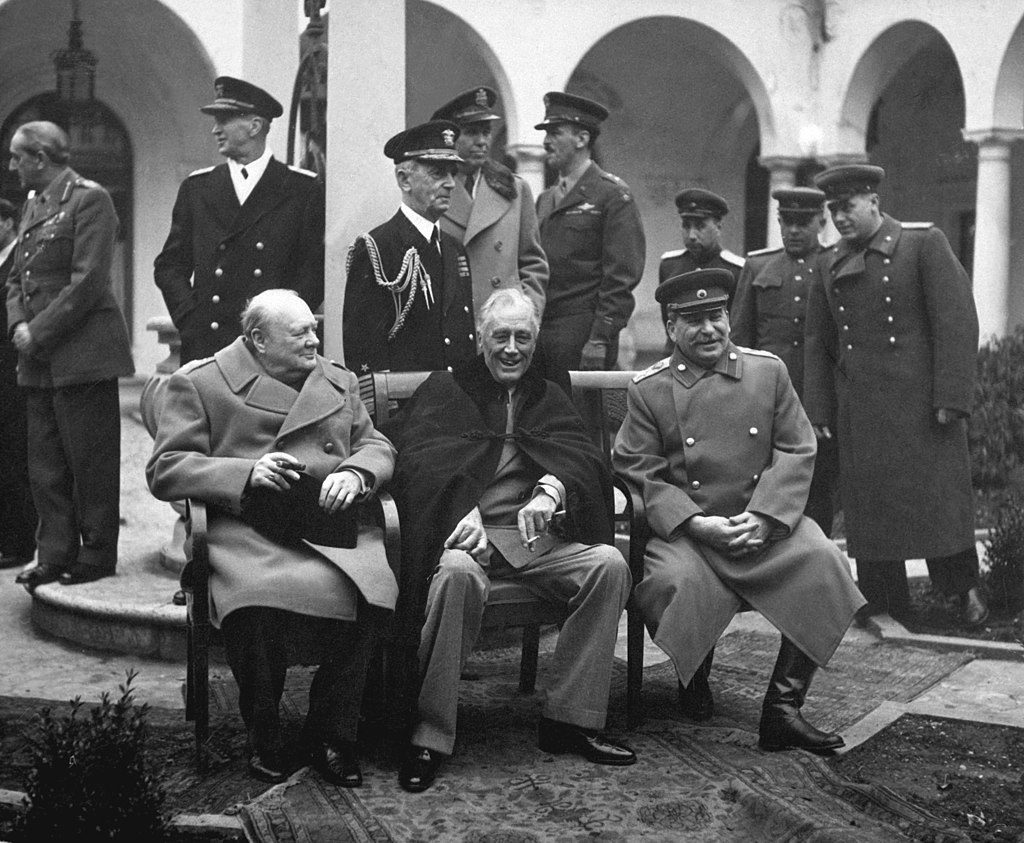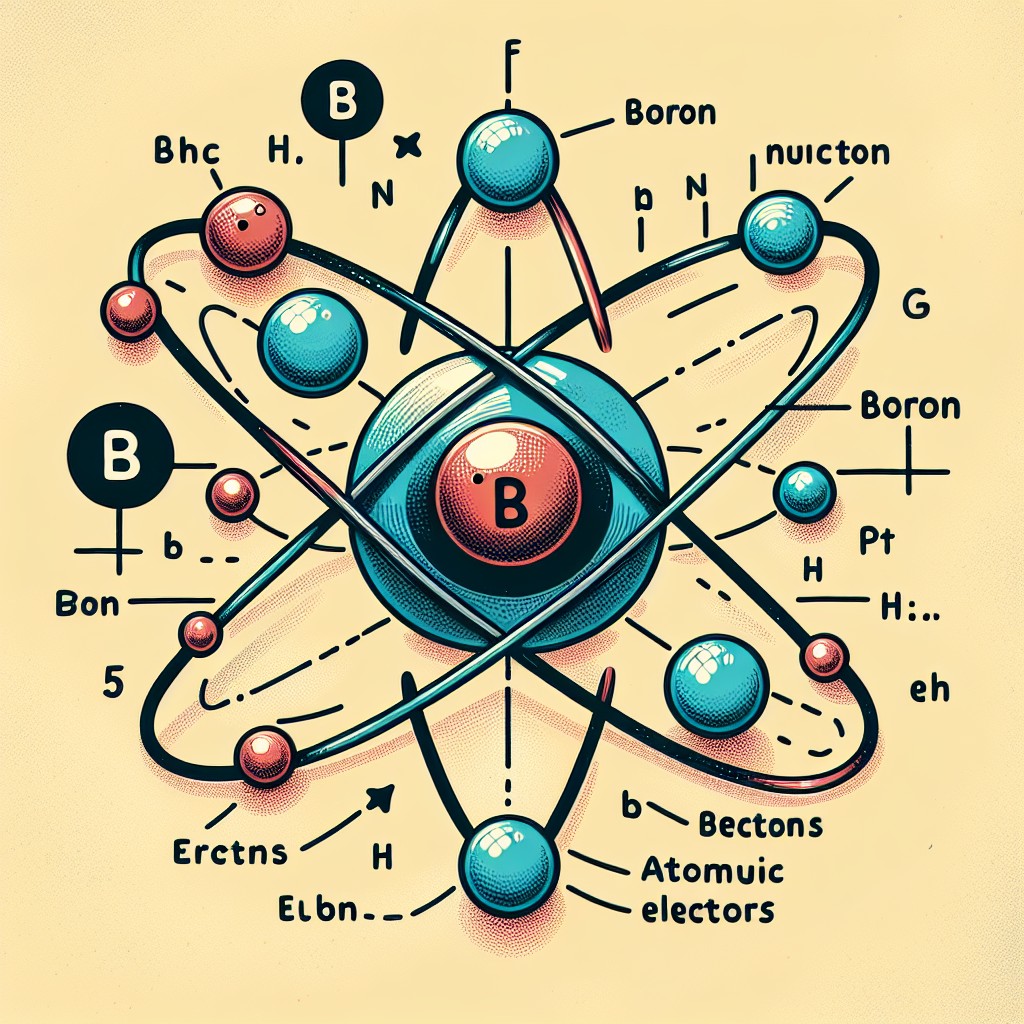
Introduction
The Yalta Conference, held in February 1945, was a pivotal event in shaping the course of the post-World War II world. Held in the Russian resort town of Yalta, the conference brought together the leaders of the United States, the Soviet Union, and the United Kingdom to discuss the reorganization of Europe and the establishment of a new international order. This article explores the key outcomes of the Yalta Conference and its lasting impact on global politics.
The Main Keyword: Yalta Conference
The Yalta Conference marked a turning point in international relations. During this historic meeting, world leaders sought to address crucial issues that would shape the future of Europe and establish a lasting peace after the devastating effects of World War II. This article delves into the significance of the Yalta Conference and how it impacted the post-war world.
The Context and Objectives of the Yalta Conference
- World War II: A shattered Europe in need of reconstruction
- Allied forces nearing victory over the Axis powers
- Establishing the groundwork for peace and stability
- Addressing the division of Germany and Eastern Europe’s fate
The Key Decisions: A New World Order
- Division of Germany: Creation of four occupied zones controlled by the Allies
- Post-war borders in Eastern Europe: Soviet influence on Poland and recognition of the Soviet Union’s territorial gains
- Establishment of the United Nations: Promoting peace and cooperation among nations
- Declaration on Liberated Europe: Ensuring democratic elections and self-determination in Eastern European countries
- War crimes trials: Holding Nazi leaders accountable for their actions
The Significance of the Yalta Conference
The outcomes of the Yalta Conference shaped the post-war world and laid the foundation for the Cold War. By dividing Germany and establishing respective spheres of influence, the conference set the stage for the emergence of two superpowers: the United States and the Soviet Union. This division ultimately led to decades of global tension and conflict.
The Yalta Conference and the Cold War
The Yalta Conference marked the beginning of the Cold War, as the ideological differences between the United States and the Soviet Union grew more apparent. The division of Germany, along with the Soviet Union’s expanding influence in Eastern Europe, set the stage for the hostile relationship that would dominate international politics for the next several decades.
Legacy and Criticisms of the Yalta Conference
While the Yalta Conference played a significant role in shaping the post-war world, its outcomes were not without criticism. Some argue that the conference allowed the Soviet Union to establish an iron grip on Eastern European countries, leading to decades of oppression and limited freedoms for their citizens. Additionally, the decisions made regarding the division of Germany created a lasting divide that would later contribute to the construction of the Berlin Wall.
Conclusion
The Yalta Conference remains a crucial event in world history that continues to influence global politics. Through its decisions on Germany, Eastern Europe, and the establishment of the United Nations, the conference played a pivotal role in shaping the post-World War II world. While it had its criticisms and repercussions, the Yalta Conference stands as a testament to the challenges faced by world leaders in the aftermath of war and their efforts to establish peace and stability in a rapidly changing world.


